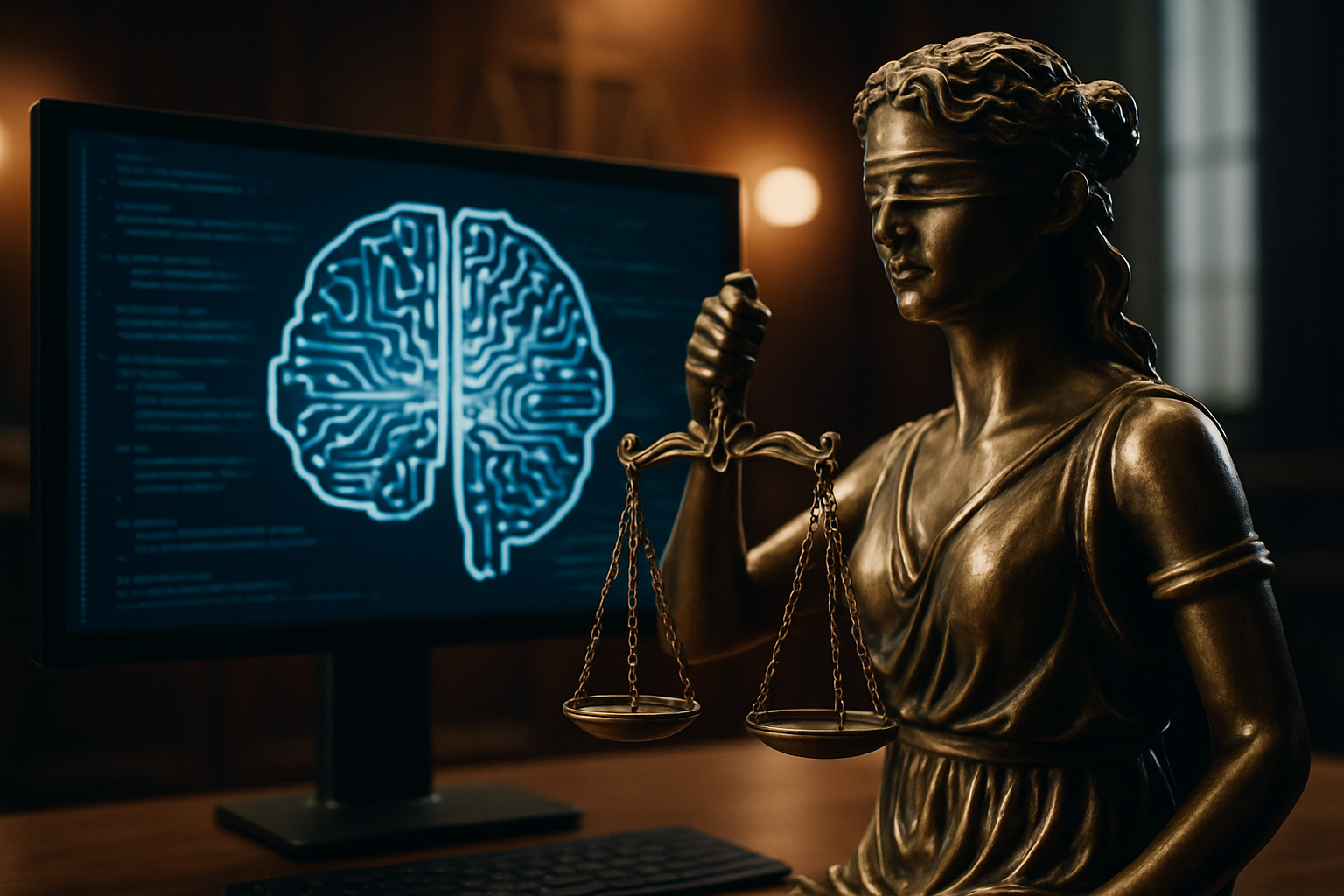Legal Challenges in Regulating Autonomous Vehicles
Introduction: As autonomous vehicles edge closer to widespread adoption, lawmakers and regulators grapple with unprecedented legal questions. This article delves into the complex web of legal challenges surrounding self-driving cars, exploring liability issues, safety regulations, and the evolving landscape of transportation law in the age of artificial intelligence.

Navigating Liability in a Driverless World
One of the most pressing legal challenges in the realm of autonomous vehicles is determining liability in the event of accidents. In conventional vehicle accidents, liability typically falls on the driver. However, in a world where vehicles make decisions independently, the question of who bears responsibility becomes murky. Should liability shift to manufacturers, software developers, or the companies operating AV fleets? Some legal experts propose a no-fault insurance system for AVs, while others advocate for a more nuanced approach that considers the level of autonomy and specific circumstances of each incident.
Redefining Safety Standards and Regulations
Existing vehicle safety standards were designed with human drivers in mind. As AVs become more prevalent, these standards require significant overhaul. Regulators face the challenge of creating new safety benchmarks that account for AI decision-making, sensor reliability, and cybersecurity measures. The National Highway Traffic Safety Administration (NHTSA) has begun issuing guidance for AV manufacturers, but comprehensive federal regulations are still in development. States have taken varied approaches, with some enacting their own AV laws while others wait for federal direction, creating a patchwork of regulations across the country.
Data Privacy and Cybersecurity Concerns
Autonomous vehicles generate and process vast amounts of data, raising significant privacy and security concerns. Legal frameworks must address questions of data ownership, storage, and usage. Who has the right to access a vehicle’s location history or sensor data? How can this information be protected from cyber attacks or unauthorized access? Lawmakers are grappling with these issues, attempting to balance the benefits of data collection for improving AV technology with individuals’ right to privacy. The implementation of robust cybersecurity measures is also crucial, as hacked AVs could pose severe safety risks.
Ethical Dilemmas and Algorithmic Decision-Making
Perhaps one of the most challenging aspects of regulating autonomous vehicles is addressing the ethical implications of their decision-making algorithms. In scenarios where harm is unavoidable, how should an AV be programmed to respond? Should it prioritize the safety of its passengers over pedestrians, or make decisions based on minimizing overall harm? These ethical quandaries have legal ramifications, as lawmakers must decide how to codify these ethical guidelines into law and determine liability when AVs make controversial decisions in critical situations.
The International Legal Landscape
As autonomous vehicles cross borders, harmonizing international laws and regulations becomes crucial. Different countries have varying approaches to AV regulation, creating potential conflicts and compliance challenges for manufacturers and operators. The Vienna Convention on Road Traffic, which forms the basis for traffic laws in many countries, is being reevaluated to accommodate AVs. International bodies like the United Nations Economic Commission for Europe (UNECE) are working to develop global technical regulations for AVs, but achieving worldwide consensus remains a formidable task.
Adapting Insurance and Tort Law
The advent of autonomous vehicles necessitates a reimagining of insurance and tort law. Traditional auto insurance models based on driver behavior may become obsolete as human error is eliminated from the equation. New insurance products are emerging, focusing on technical malfunctions and cyber risks. Tort law, too, must evolve to address claims involving AVs. Courts may need to rely more heavily on expert testimony to understand the technical aspects of AV accidents, and new legal theories may develop to address the unique challenges posed by autonomous technology.
In conclusion, the legal challenges surrounding autonomous vehicles are as complex as they are numerous. As this technology continues to advance, lawmakers, regulators, and legal experts must work collaboratively to create a robust legal framework that promotes innovation while ensuring public safety. The decisions made in the coming years will shape the future of transportation and set precedents for how society integrates artificial intelligence into daily life. As we navigate this uncharted legal territory, flexibility and foresight will be key to addressing the evolving landscape of autonomous vehicle regulation.






